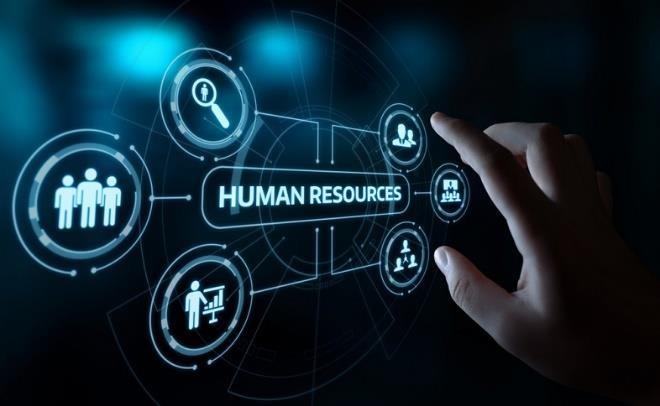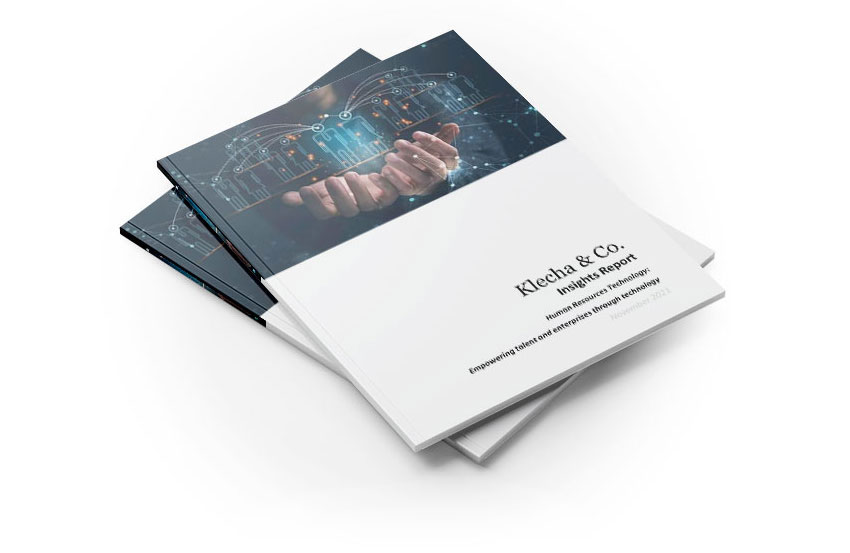Today, the face of Human Resources is often a portal or a screen, rather than a person. A majority of firms (if not all) provide universal access to HR services through technology or web-based applications, which in turn have changed the practice of HRM.
Studies have shown that organizations that adopt sophisticated HR technology tools give them a competitive edge over others1. The pandemic radically changed the HRM marketplace, and technology has been a key factor in ensuring their continued operations. In today’s connected workplaces, HR tech has become mission-critical, and technology linked to HR has moved from being a “good to have” to an “essential to survive” commodity.
Most organizations have already automated their basic HR administration. The simple automation of HR processes can no longer assure companies of a competitive advantage, instead organizations are now trying to determine how to use technology to transform their HR practices and market their HR brand at a company-wide scale.
The driving factors behind HR’s evolution into a more technology-based profession is mainly because organizations need to:
- Streamline HR processes and reduce administrative burdens,
- Reduce and optimize compliance costs and improve cost effectiveness of HR functions
- Compete more effectively for global talent amidst an ongoing global talent shortage
- Provide real-time metrics to better spot trends and manage the workforce more effectively
- Enable HR to transform offering companies a competitive and strategic advantage
HR technology is an umbrella term for software and associated hardware for automating the human resources function in organizations.
Amongst the various HR functions, it includes:
- employee payroll and compensation
- talent acquisition and management
- workforce analytics
- performance management
- benefits administration
From enhancements in Artificial Intelligence (AI) to a new generation of adaptable employee self-service and development tools, this HR technology has developed rapidly in recent years.

Large employers originally adopted core HR technology systems from enterprise software companies such as Oracle and SAP. Specialized HR technology vendors entered the markets as companies evolved their HR functions and on-boarded different employees across multiple jurisdictions.
As companies enter into a second generation of HR technology, by migrating from their on-premise systems to new cloud platforms, including Software as a Service (SaaS), the need for an intuitive HR technology solution becomes a priority.
Similarly, small and midsized employers are also moving in large numbers to digitize their HR functions, turning to SaaS platforms or cloud-based HR technology vendors, while also outsourcing some of the functions.
- 1
The Sierra-Cedar 2019-2020 HR Systems Survey

